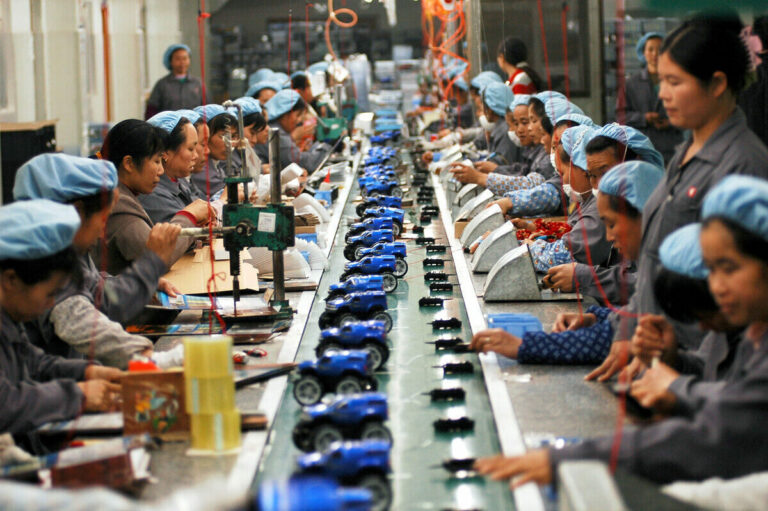guest workers
Hungarian employer denies mass recruitment of Filipino guest workers

Turkish Father deported from Hungary despite having Hungarian wife and daughter; lived there for 35 years: Is no immigrant safe?

Hungarian foreign minister opposes guest workers from this country

PM Orbán launches new campaign targeting guest workers: Echoes of 2004 anti-migrant rhetoric

Demand for guest workers falling in Hungary

Serious accusation from Hungarian expert: Guest workers could have brought deadly virus to Hungary

New Hungarian government decree modifies multiple rules on guest workers

Rising costs and labour shortages drive Hungarian agriculture to hire Filipino guest workers

Orbán cabinet: Hungary only for Hungarians, guest workers only fill labour gaps – UPDATED

New government decree changes rules on guest workers in Hungary, National Card

A “new era” for guest workers in Hungary: New regulations and National Card

New draft decree would limit the employment period of guest workers

Growing partnership: 3000 Hungarian jobs advertised at a job fair in Asia

New constitutional amendment can result in a ban on buying houses, apartments for foreigners in Hungary

100 new factories in Hungary for guest workers?

Key supplier to Paks II was involved in corruption back home in Russia, guest workers face mass layoffs

Many guest workers leave Hungary to work in other countries, prompting PM Orbán to introduce stricter measures

This is why guest workers are essential for Hungary’s economy





 ZH
ZH IT
IT DE
DE HR
HR NL
NL FR
FR JA
JA RO
RO RU
RU ES
ES TR
TR
